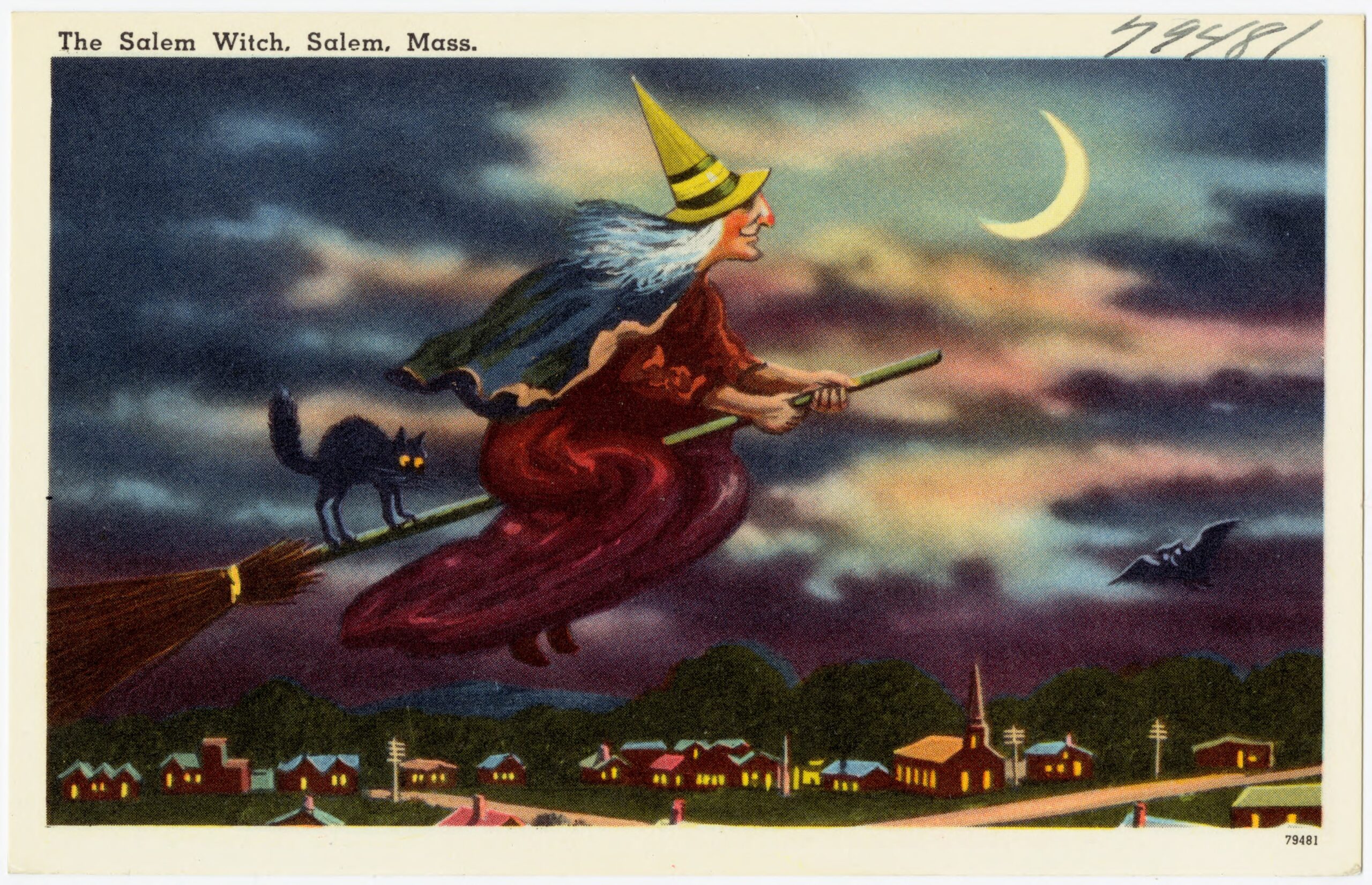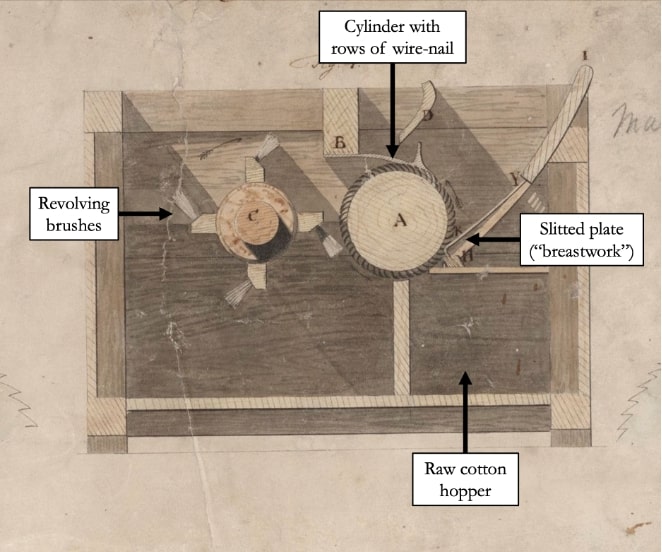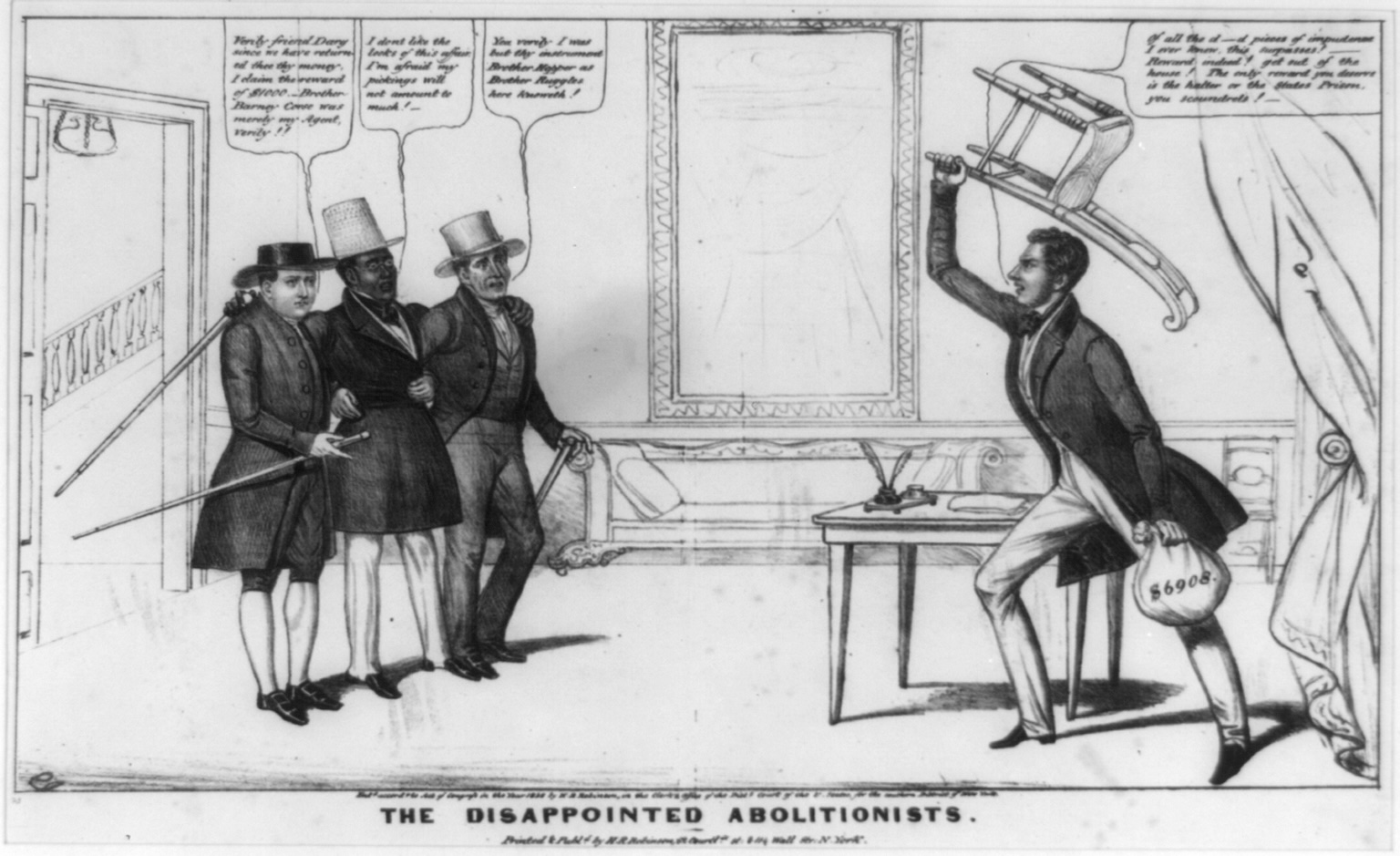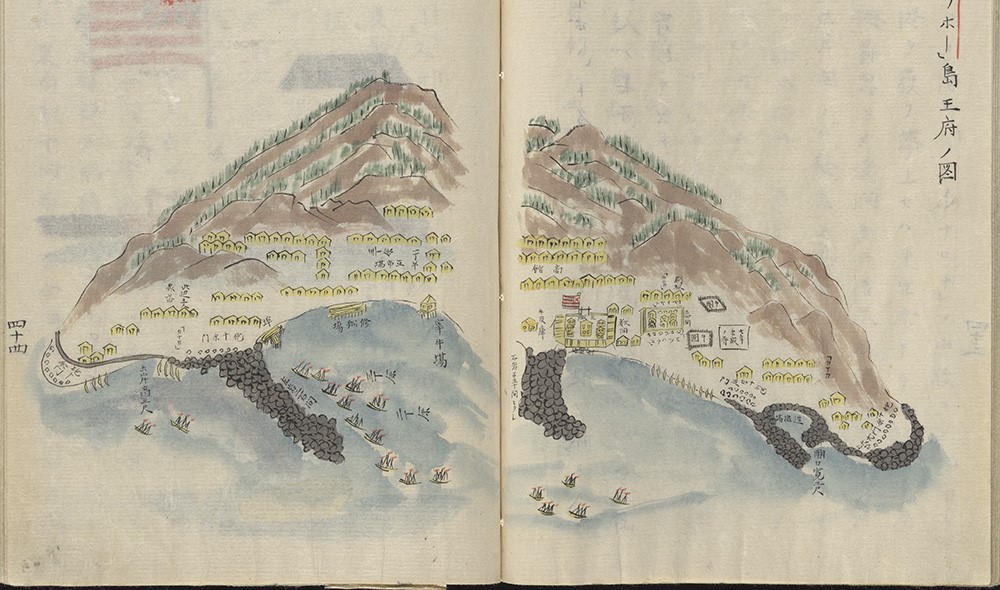Retro
Phil and I just got back from Philadelphia. We did a presentation at the Society of Historians of the Early American Republic annual meeting. We were super excited to have so many attend the last session on the last day. Thank you to all of you! The conference was a little retro. Everyone read papers and there wasn’t even a projector on site. I was not aware of this retro theme and made a power point presentation to show off the database. I thought about having everyone gather around my computer but I thought this would be easier.
How Much Do We Really Know About the 1824 Election?
The 1824 Presidential Election is one of the most well remembered, primarily because it is the only election ever forced into the House of Representatives because no candidate succeeded in getting a majority of electoral votes (different from the 1800 Presidential Election in which two candidates got a majority, thus forcing the passing of the 12th Amendment).
It’s well described in history: Andrew Jackson got the most votes (electoral and popular) and won the most states, yet when the House voted, John Quincy Adams won on the first ballot. Because Henry Clay wasn’t one of the top 3 candidates, he was not in consideration from the House and he threw his support behind Adams, whose politics were not too terribly different from his, and against Jackson (who he personally despised) and after Adams won, he made Clay his Secretary of State, then position then most likely to catapult him into the presidency (Adams had gone from one to the other, as had his two predecessors, Monroe and Madison). Jackson supporters screamed about a “corrupt bargain” and used that as their slogan four years later and succeeded in getting Jackson into the White House.
However, we might not know quite as much as we think we do. North Carolina provides some valuable insight into the election in a variety of ways:
1 – At the time several states, including New York, had their electors chosen by the Legislature, thus there was no popular vote.
2 – This is the first election where the popular vote was well tallied and we have individual states’ results readily available, but is that data accurate? The official data currently found lists Andrew Jackson with 20,231 votes in North Carolina and J.Q. Adams with 0. However, a careful study of the actual voting sheets from North Carolina and newspapers at the time show that many supporters would have voted for a J.Q. Adams ticket had their been one, and instead voted for the People’s Ticket, a slate of 15 electors, several of whom they hoped would vote for J.Q. Adams in the Electoral College. Many papers at the time noted that if the Ticket was accurate, 5 of them would vote for Adams instead of Jackson.
3 – Voters back then voted for electors directly, instead of voting for a particular candidate. But electors could vote for whom they pleased in the actual Electoral College (in Delaware that year, 6 newspapers listed one elector as being a Clay man, and 5 other newspapers listed him as a Crawford man – the elector in question actually voted for Crawford). In spite of ample support from Adams supporters, all 15 electors elected on the People’s Ticket voted for Jackson.
4 – If Adams supporters had not gone for the People’s Ticket, William Crawford likely would have won the state (his ticket received 15,622 votes). A switch of those 15 votes ties Adams and Jackson with 84 and takes away Jackson’s argument for having won more electoral votes. He reached 99 with the help of at least some Adams supporters.
5 – When the election was thrown into the House, North Carolina voted for Crawford. This was not a surprise, as newspapers were touting that if the election came to the House, then North Carolina would go whole-heartedly for Crawford back when that Congressional Delegation was elected in August, 1823, well over a year before the actual presidential election.
Because of state legislatures electing electors and because of the kind of thing we see in North Carolina, we can not see for certain without more data exactly how the will of the voters played out in 1824. But we can see that it is not quite the story we have always assumed.
Littleberry Bush
For a spring entry we have Littleberry Bush. He ran for Georgia State Representative from Richmond County in 1823 but lost.
http://elections.lib.tufts.edu/aas_portal/view-election.xq?id=MS115.002.GA.1823.00005
After a some digging I found out that his first name was actually his mother’s maiden name. His father Richard P. Bush married Sara Littleberry in 1786. Littleberry Bush was born in 1788, dies in 1829. I honestly can’t picture an old man with such a cute name.
This article originally appeared in issue 8.4 (July, 2008).



















